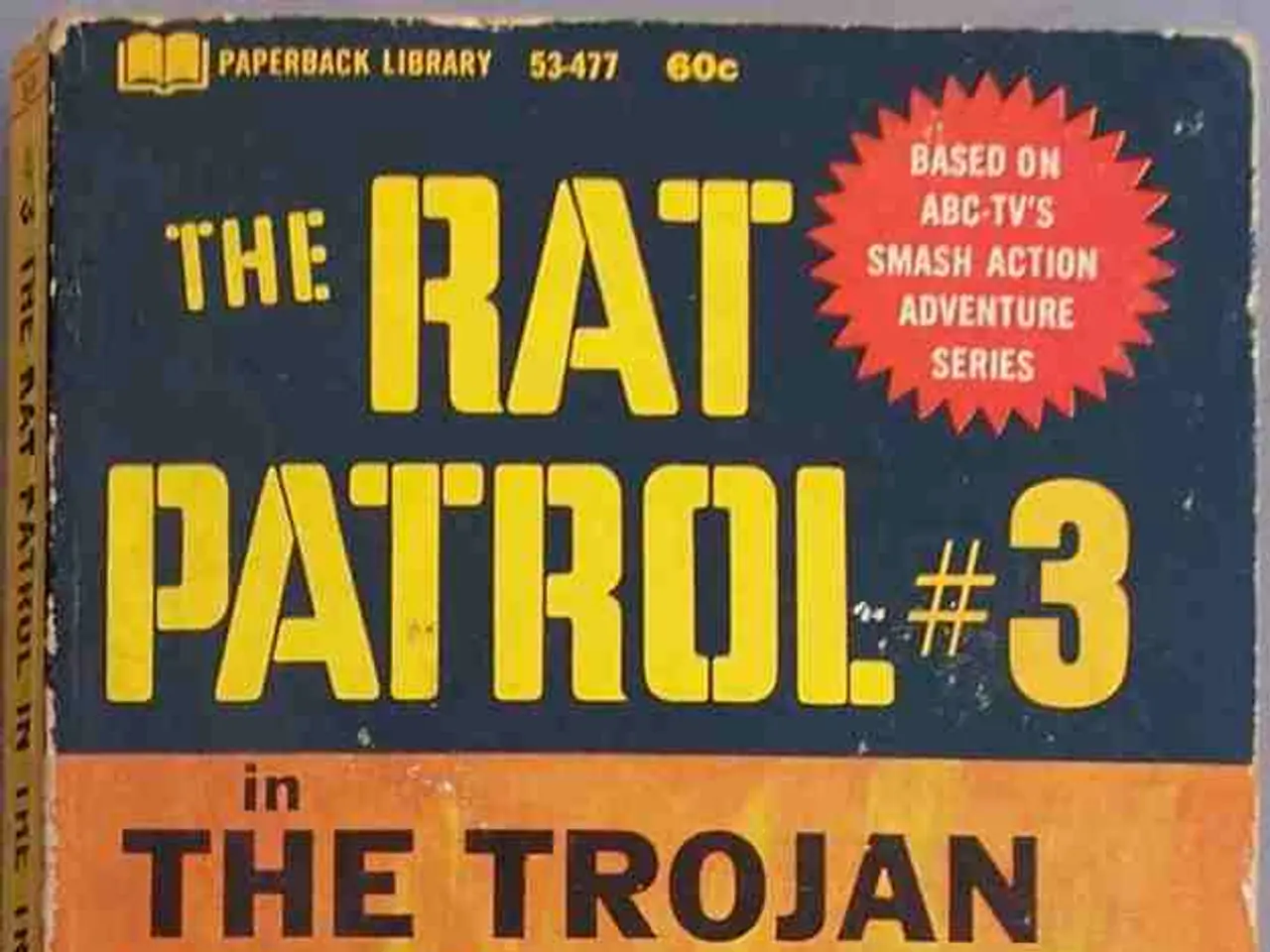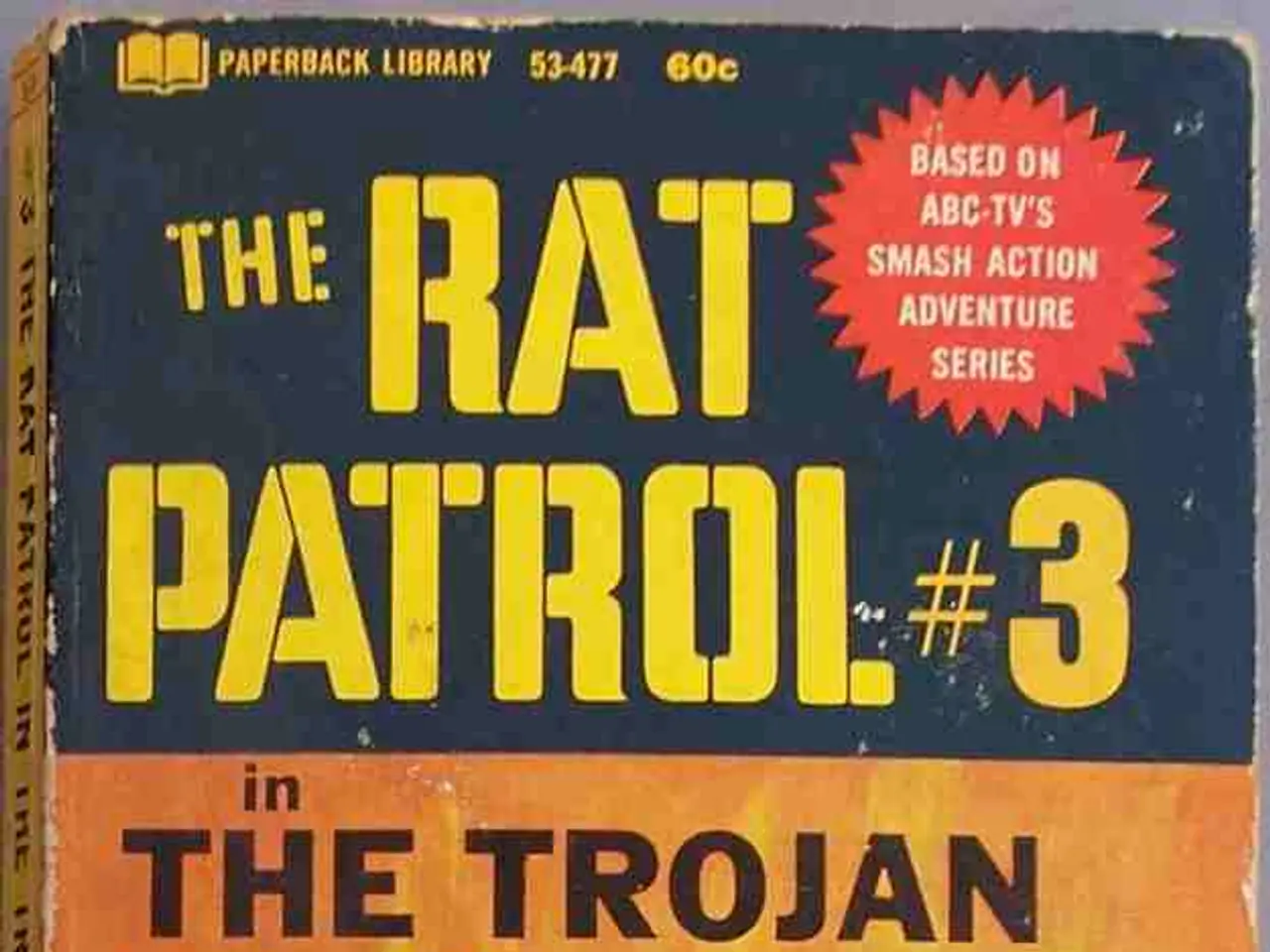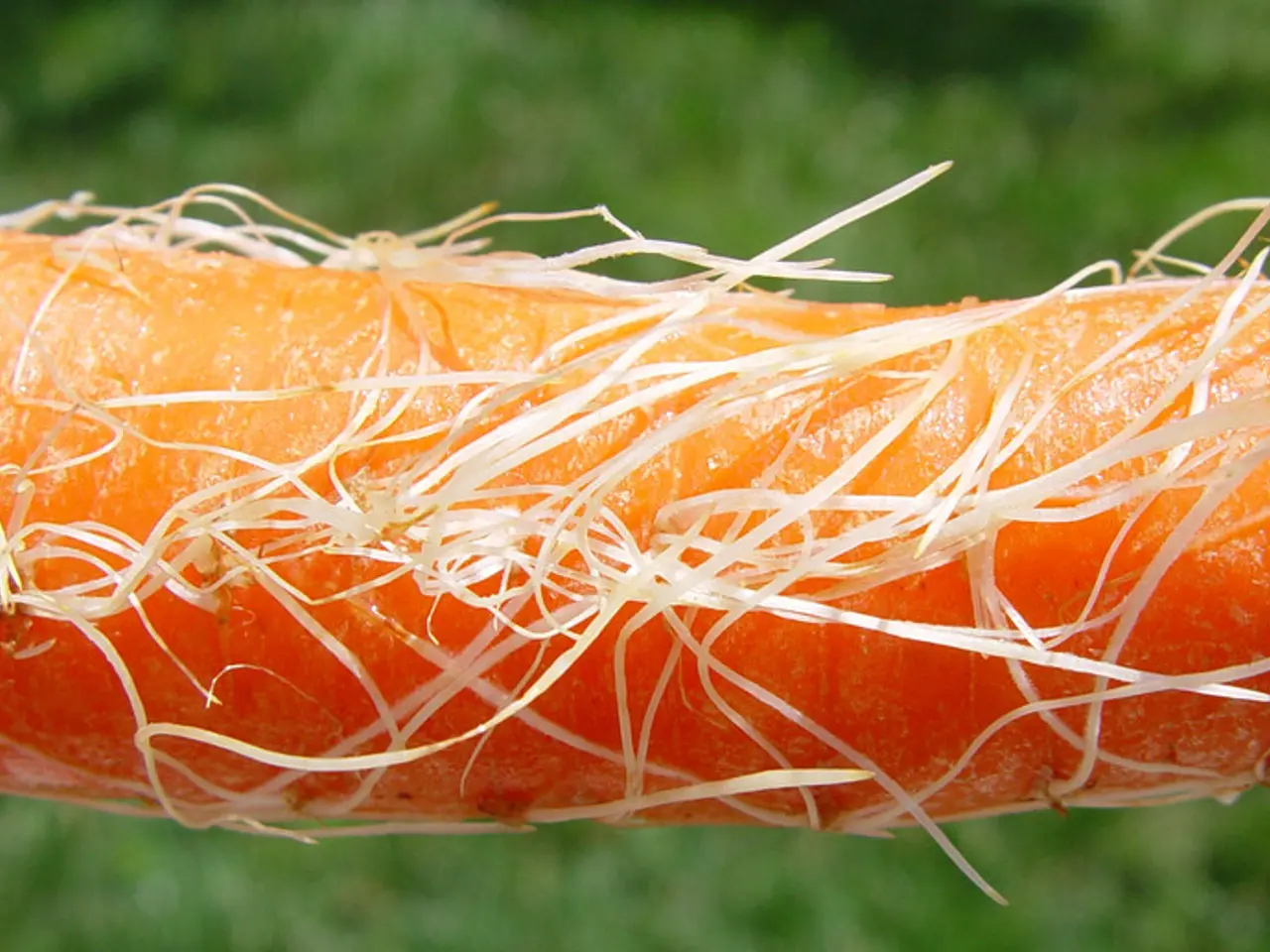Vietnam could potentially reduce approximately 77,000 metric tonnes of packaging waste annually through the implementation of Deposit Return Schemes (DRS).
Ha Noi - Vietnam has the fantastic opportunity to reduce up to 77,000 tons of packaging waste annually, potentially creating 6,400 jobs, if it effectively implements a Deposit Return System (DRS) for single-use beverage packaging.
These impressive figures emerge from a Pre-Feasibility Study on a DRS, conducted by Eunomia Research & Consulting and commissioned by the Norwegian Embassy and Innovation Norway, in collaboration with the Vietnamese Ministry of Agriculture and Environment (MOAE). The findings were revealed at a recent event in Ha Noi by the Norwegian Embassy and the Vietnamese National Plastic Action Partnership.
The study sheds light on the advantages of a mandatory DRS for single-use PET bottles and aluminum cans, with a refundable deposit of between VND 1,000 and VND 2,000 per item. The design aligns comfortably with Việt Nam's Extended Producer Responsibility (EPR) policies and supports national goals to tackle marine plastic pollution and net-zero emissions by 2050.
Alongside EPR, DRS presents a powerful tool in Vietnam's quest for a circular economy, as outlined in Article 142 of the 2020 Law on Environmental Protection. DRS could contribute to achieving high recycling rates, which in turn would lead to less reliance on virgin materials and less environmental harm.
Under the DRS system, a small, refundable deposit is included in the price of each covered beverage container. Consumers and waste collectors are incentivized to return used containers to designated return points. These could include stores, outlets in the hospitality sector or centralized collection sites. Returned containers will typically be audited, pre-sorted or processed at recycling facilities.
A well-managed DRS offers numerous advantages, such as improved waste collection rates, reduced littering, reduced material leakage into ecosystems, lower greenhouse gas emissions, cleaner air, more jobs, and a more circular economy for in-scope materials.
Worldwide, the DRS is recognized as a potent and highly effective solution to boost collection and recycling rates for single-use beverage packaging. Over 40 regions globally, including Europe, the Americas, Africa, the Middle East, and Oceania, already operate similar schemes. The best-designed programs can achieve collection rates exceeding 90%.
The study posits the implementation of a nationwide DRS for single-use PET bottles and aluminum cans, targeting approximately 98% of the market share. Currently, the collection rates, while comparatively high, could be elevated by focusing on recycling rather than downcycling the recovered material.
Should the DRS scheme prove successful, Vietnam would become the first Southeast Asian country to introduce nationwide recycling solutions, potentially serving as a model for its neighbors. By adopting global best practices and learning from lessons garnered elsewhere, Vietnam could cement its position as a regional leader in sustainable development and the circular economy.
Deputy Director General for the MOAE's Environmental Department Nguyễn Hưng Thịnh expressed his enthusiasm, stating that Vietnam's rapid economic and population growth has led to a sharp increase in plastic waste generation. He calls for comprehensive and breakthrough solutions, stressing that adopting a closed-loop plastic economy reduces pollution while creating significant economic value. DRS offers a promising new approach that has proven successful in many countries in boosting the collection, sorting, and recycling of bottles and packaging, particularly plastics. The department strongly endorses the study and sees it as a valuable foundation for further policy development.
Norwegian Ambassador to Vietnam Hilde Solbakken emphasized Norway's long-standing success with a DRS, achieving over 90% recycling rates for plastic bottles. She believes that Vietnam stands to enjoy similar benefits from these renowned models, citing increased recycling rates, greater efficiency in addressing plastic pollution, and enhanced circular economy principles.
DRS in Vietnam: A Recipe for Success
Deputy Director General of the Ministry of Agriculture and Environment's Environmental Department Nguyễn Hưng Thịnh delivers a speech at the event on Monday in Hà Nội. - Photo courtesy of the Norwegian Embassy in Hà Nội
With growing awareness of the need for sustainable practices, DRS is poised to deliver significant environmental, economic, and societal benefits in Vietnam:
- Environmental Benefits: Embracing DRS can help improve waste management, reduce plastic pollution, and protect ecosystems.
- Economic Benefits: By recycling more, Vietnam can save on waste management costs and enjoy potential economic growth, as seen in other countries that have implemented DRS.
- Social Benefits: DRS encourages public engagement and promotes the principles of the circular economy, galvanizing positive shifts in behavior and raising the profile of recycling.
The Netherlands' example, which boasts a 92% recycling rate for PET bottles, exemplifies the success that Vietnam could achieve with DRS. In a nutshell, building a circular economy for packaging involves keeping resources in use for as long as possible, retrieving the maximum value from used materials, and regenerating those materials to produce new items.
Joining the Global Effort
By seizing the opportunity and implementing DRS, Vietnam can contribute to the global movement toward a more sustainable future. Embracing this promising strategy could catapult Vietnam to the forefront as an eco-friendly destination, spurring investment and international recognition.
References
- Environmental and economic benefits of DRS, including cases from the Netherlands and South Korea, can be found here: [1]
- A study on the potential of DRS in developing countries, with insights on user preferences and policy challenges: [2]
- Global best practices for designing effective DRS and their impact on recycling rates: [3]
[1] Waste Management World[2] Ellen MacArthur Foundation[3] UNEP
Additional Reading
- Facts about the Netherlands' DRS: [4]
- The UK's ongoing efforts to establish a DRS: [5]
[4] Dutch Ministry for Infrastructure and the Environment (IenW)[5] The Environmental Audit Committee (EAC)
FAQs
Norwegian Ambassador to Việt Nam Hilde Solbakken delivers her speech at the event on Monday in Hà Nội.- Photo courtesy of the Norwegian Embassy in Hà Nội
- What is a Deposit Return System (DRS)? A Deposit Return System is a waste management system where consumers are able to return used packaging containers to designated collection points to recover a deposit paid at the point of purchase.
- Which countries have successful DRS? Countries with proven success using DRS include Norway, the Netherlands, Germany, and South Korea.
- What are the advantages of a DRS? DRS can improve recycling rates, reduce littering and pollution, lower greenhouse gas emissions, create jobs, and incentivize the use of recovered materials instead of new ones.
- Vietnam could revolutionize its economy and environment by implementing aDeposit Return System (DRS) for single-use beverage packaging, potentially creating up to 6,400 jobs and reducing 77,000 tons of packaging waste annually.
- The study on a DRS, conducted by Eunomia Research & Consulting, highlights its alignment with Vietnam's Extended Producer Responsibility (EPR) policies and its potential to contribute to high recycling rates, less environmental harm, and less reliance on virgin materials.
- Under DRS, consumers pay a small, refundable deposit for each covered beverage container, incentivizing waste collectors and the public to return used containers to designated points, such as stores, outlets in the hospitality sector, or collection sites.
- Worldwide, DRS is recognized as a potent and highly effective solution to boost collection and recycling rates for single-use beverage packaging, with over 40 regions already operating similar schemes.
- The implementation of a nationwide DRS for single-use PET bottles and aluminum cans could elevate collection rates and position Vietnam as a leader in sustainable development and the circular economy.
- DRS offers significant environmental, economic, and societal benefits,such as reducing plastic pollution, creating jobs, and encouraging positive shifts in behavior.
- By embracing DRS, Vietnam can contribute to the global movement toward a more sustainable future, attracting investment and international recognition as an eco-friendly destination.





